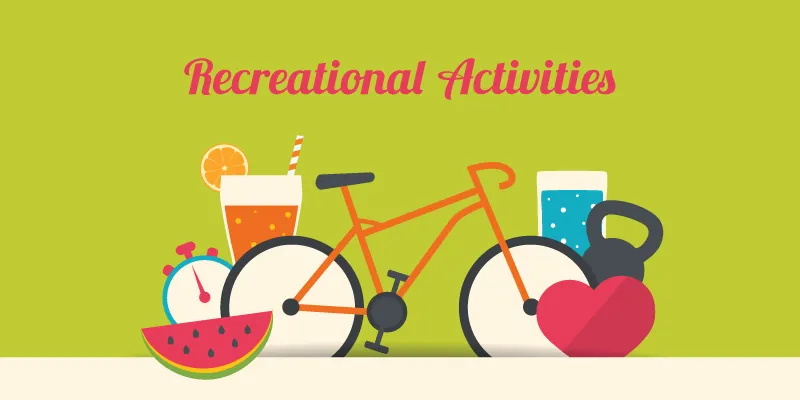Need for recreational activities for employees, especially in the startup sector
The burden of maintaining a work-life balance in the modern world is becoming increasingly more challenging. The pressure to achieve targets at office and the obligation to spend quality time with family is taking its toll on today’s working professionals. Employment is no longer just about a 10–7 job. With the advent of technology, especially mobile devices, an employee is no longer restricted to his desk. But with power comes responsibility. Now the employee is expected to be available round the clock through all technological means.

Stress and efficiency are inversely proportional
The pressure faced by the individual directly affects the efficiency of the organisation he or she is employed with. As this pressure increases, so does the need for release. In an attempt to mitigate the adverse impact from the lack of work-life balance, the new generations of companies are looking at ways and means to infuse enthusiasm and a positive, vibrant mentality among its workforce.
This is the most evident scene in the current startup scenario. There is greater work engagement and more out-of-the box ideas that help the startups stand out. This exercise is not only an attempt to be designated as a coveted employer to attract the best skills but also an effort to build a work culture that fosters camaraderie, creativity and cohesion in the team.
A combination of work and play
Some of the initiatives by the new-age startups to make their employees feel comfortable include allowing pets in the office, poker nights, regular adventure trips like cycling and trekking, etc… These initiatives have numerous benefits for the development of the company and its human resources.
Apart from encouraging ownership and unearthing natural leaders, it also is a huge opportunity to gain long-term commitment and discretionary effort from the team, which is very crucial for a startup to thrive. Communication, which is the key to success of any individual and company, is something that can be greatly improved through these activities. Improved communication means improved relationships amongst colleagues which in turn improves the quality of work output.
Another key outcome of team building and recreational activities is the breaking of barriers between employer and employee. The perceived gap between the leadership team and the employees is one that can have adverse effects on overall work productivity. These activities help break those barriers by giving the employees a chance to see their leadership as colleagues and peers.
These recreational activities give the entire team, leadership and employees alike, a chance to understand each other’s strengths and weaknesses. This knowledge can be put into play while working and can help increase productivity and provide betterment to the work life of the employees.
An employee may not perform if he/she does not feel valued at the company. This feeling can be brought about if the person is not able to voice their concerns and ideas openly. Recreational activities are a perfect way to break this as it provides employees a forum to discuss their problems with senior leaders in the same way they would discuss it with their friends.
Work can also become repetitive and mundane for anyone. These recreational activities can help break this feeling as a sense of excitement and variation can be brought about in the employees. This in turn keeps the workforce happy and a positive vibe is shared among colleagues, which results in a better output.
Cost to the company
Apart from the advantages of these recreational activities, it cannot be denied that there are some disadvantages to it too. The cost factor of organising these activities is one of the disadvantages. As the size of the company goes up, so does the cost. Loss of time can be an outcome of these activities too, if they aren’t organised properly. As the startup culture goes, everyone is on a very short deadline and intensity of work is extremely high. A loss of time can mean the missing of deadlines, which can lead to monetary losses too. On the flip side, companies may not even find the time in the first place to conduct these activities.
Differences in opinion among the employees will be brought up during these sessions and if not handled appropriately by the leaders, may cause rifts and decrease how proactive they are while working.
It is obvious that employee engagement is an organisational effort that requires a long-term vision in a business strategy context, if it is to improve productivity and retention rates. Here, it is more about effectiveness and efficiency of each ‘resource’ rather than managing a herd of workers.
(Disclaimer: The views and opinions expressed in this article are those of the author and do not necessarily reflect the views of YourStory.)







